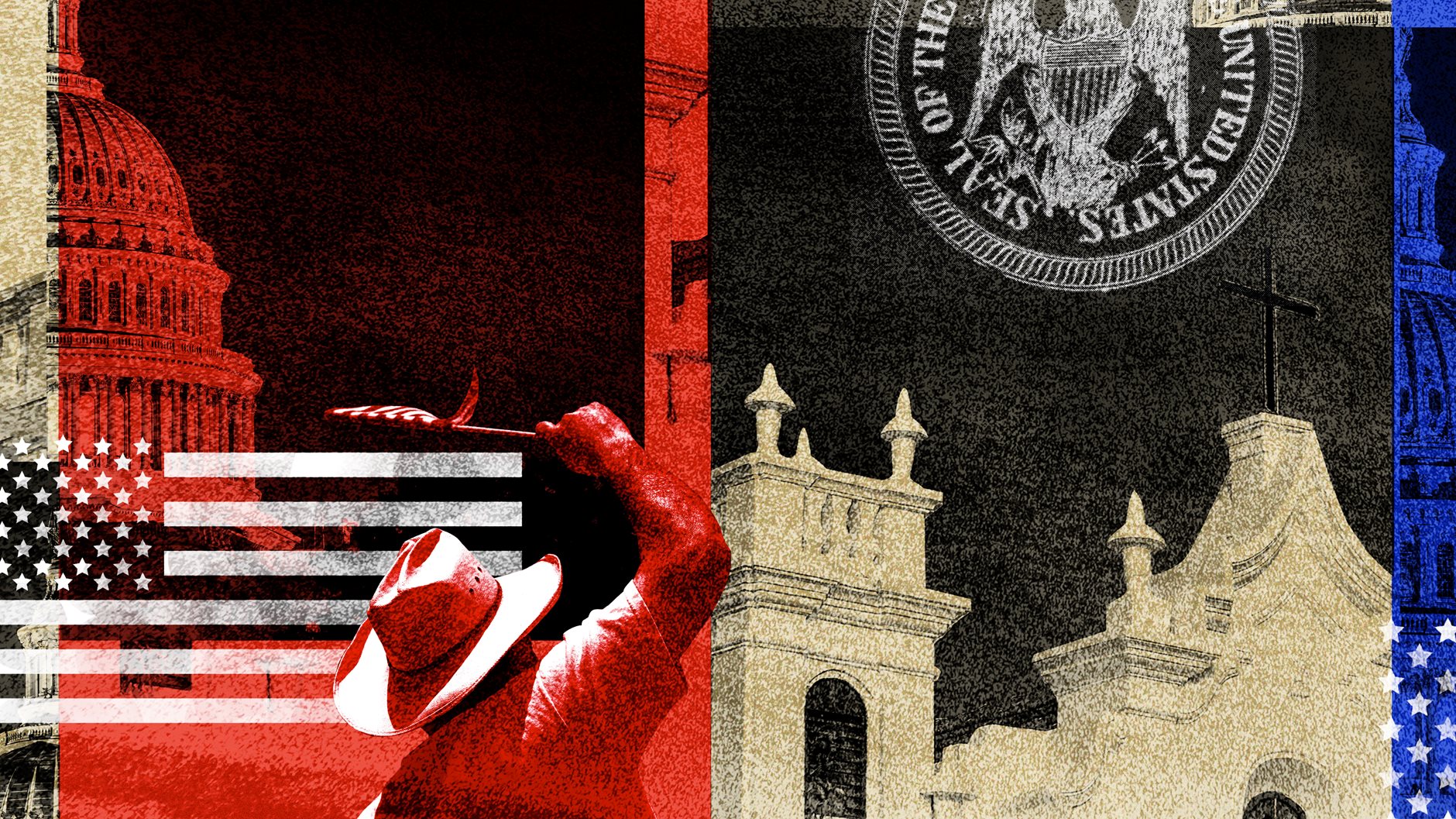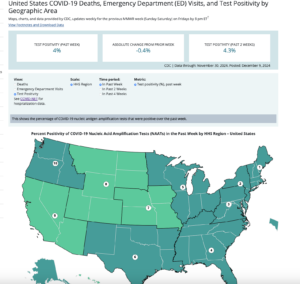
Christian nationalism is not a new idea, but recent Supreme Court decisions have made it seem like it could be where the U.S. is headed. This is terrifying to some.
Christianity Today defines Christian nationalism as “the belief that the American nation is defined by Christianity, and that the government should take active steps to keep it that way.”
Representative Marjorie Taylor Greene has led the latest resurgence, repeatedly calling for the Republican party to be a Christian nationalist party. “We need to be the party of nationalism and I’m a Christian, and I say it proudly, we should be Christian nationalists,” Greene said in a recent interview.
The Backlash
People of faith across the country have spoken out against Christian nationalism, including with a petition signed by almost 15,000 Christians. The petition says that the political ideology “unconstitutionally and unbiblically merges Christian and American identities, declaring that democracy does not matter because only conservative Christians are true Americans.”
Also, the U.S. was founded on the idea that religion should not define or control the country. This is why the First Amendment of the U.S. Constitution states that “Congress shall make no law respecting an establishment of religion, or prohibiting the free exercise thereof.”
Even so, in this climate, anything is possible. Will the Republican party become the Christian nationalist party? Or is this the start of a new party? At least people would know what they stood for. (We’re looking at you, Forward party.)






